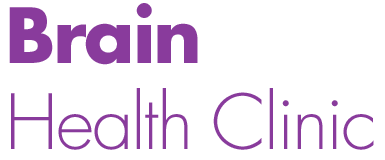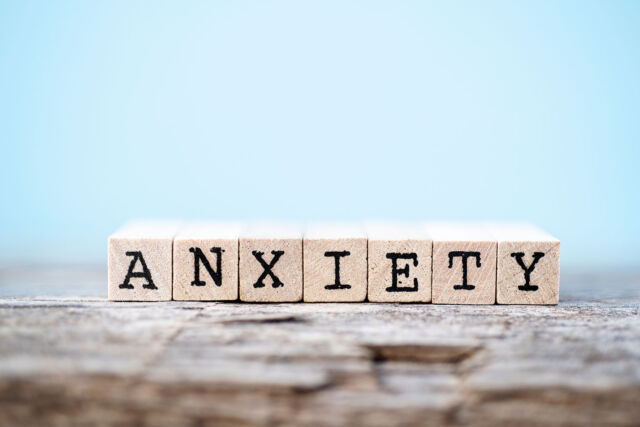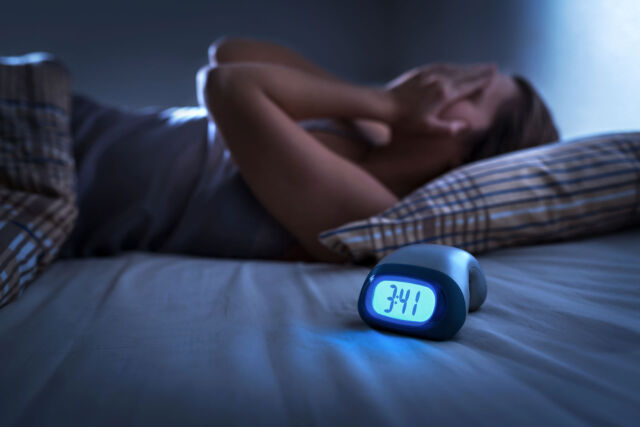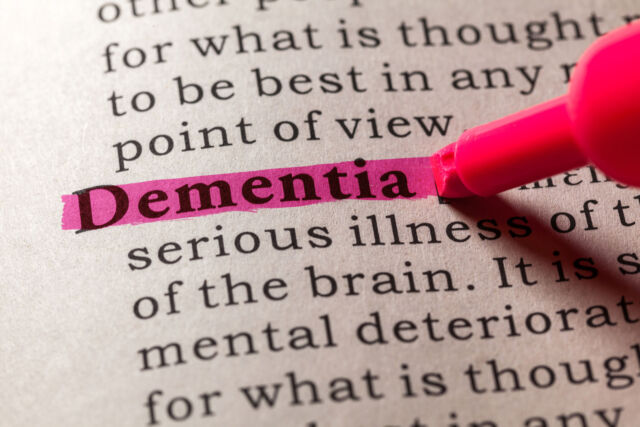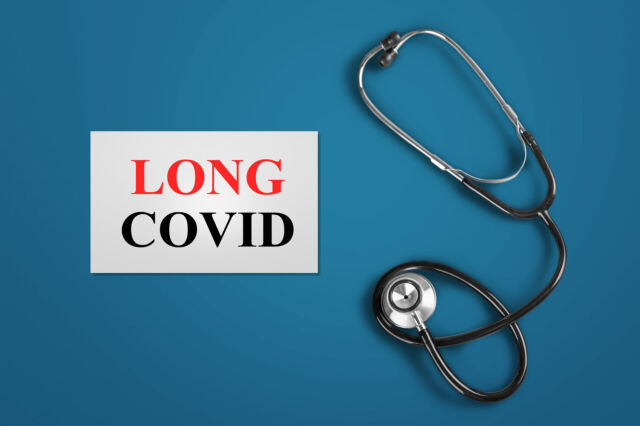Anxiety prevents many people from making full use of the opportunities in their life. Neurofeedback can train the brain to avoid anxiety altogether.
This article presents the results of a study that investigated whether neurofeedback could help people fall asleep. The results are promising!
Fears over risks inherent in concussions caused the NFL to recently alter its policy regarding players with head injuries. What is this change? And how can the Brain Health Clinic help you if you have suffered a concussion? Find out here.
Sadness is a normal part of life, but depression is a debilitating condition that requires treatment. How can you tell the difference between the two?
The holidays are meant to be a happy time for family get-togethers. For many, these social events are unfortunately a trigger for past traumas. How can you deal with it?
Researchers have identified a connection between untreated depression and increased risk of developing dementia. Find out how you can protect yourself!
Vacations, travel, and minor illness do not have to keep you from receiving therapy for your mental health and wellness. Find out more about telehealth.
Z-score training is a form of neurotherapy that takes advantage of research involving hundreds of other people to determine average brainwave patterns. Find out how the Brain Health Clinic uses this therapy to help patients like yourself.
The pandemic affected everyone in various ways. Due to this, differences in viewpoints and our own mental health may make upcoming family gatherings challenging. Our therapists can assist you to prepare for situations that challenge the best of us. Our goal is to help you manage and be comfortable in a world that always creates changes.
Brain fog is the most commonly reported neurological symptom of long COVID. Find out more about this problem and how it can be improved.
Commitment is critical to success in neurofeedback. Regular sessions attended for a recommended length of time help the brain rewire itself for success. Find out more about how to maximize the results of your therapy in this article.
Here we examine a review of 17 neurofeedback studies examining the question of whether neurofeedback improves symptoms of fatigue and cognitive impairment.
